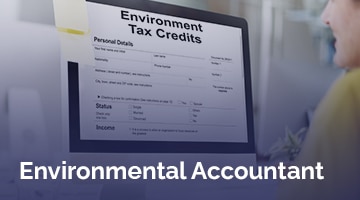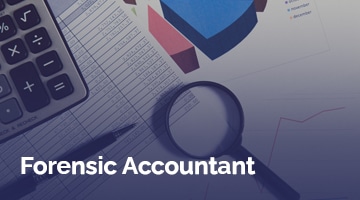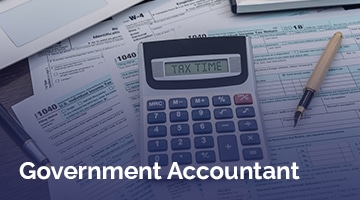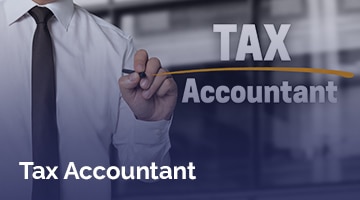Using Education to Advance Your Career in Accounting
Diving into the world of accounting offers varied career pathways, from public accounting to roles in government or corporate environments. Each pathway requires specific education and credentials to unlock various job opportunities and business career growth prospects.
Academic Foundations
To embark on an accounting career, a solid academic foundation is essential. Most roles demand at least a bachelor's degree in accounting or a related field. This degree provides instruction in fundamental areas such as financial accounting, auditing, and taxation.
For those aiming for advanced positions, pursuing a master’s degree in accounting or finance can be advantageous. This further education often covers specialized topics and can make you more competitive in the job market. Understanding these academic prerequisites positions you well for roles like financial analysts, auditors, or management accountants.
Certifications and Licensure
Professional accounting certifications greatly enhance your career prospects in accounting. Earning credentials like the Certified Public Accountant (CPA) title, granted by passing the CPA exam, is often crucial for higher-level roles. The American Institute of Certified Public Accountants and NASBA guide this process.
Other certifications include Certified Management Accountant (CMA) and Certified Internal Auditor (CIA), which highlight expertise in management accounting and internal auditing. Each certification has distinct requirements but typically involves passing rigorous exams and meeting experience criteria. Achieving these qualifications can increase your earning potential and open doors to a broader range of job opportunities.
Industry Opportunities
The accounting industry offers a wide array of job opportunities, each with unique demands and prospects. Public accountants may work on auditing, consulting, or tax planning across various sectors. Government roles offer another avenue, focusing on ensuring compliance with financial regulations.
In corporate environments, management accountants and financial analysts examine financial data to aid in strategic decision-making. Emerging fields, like forensic accounting and consulting, present additional career opportunities driven by evolving business needs and technological advancements. Each pathway offers different skills and experiences, allowing you to tailor your career to your interests and expertise.




















